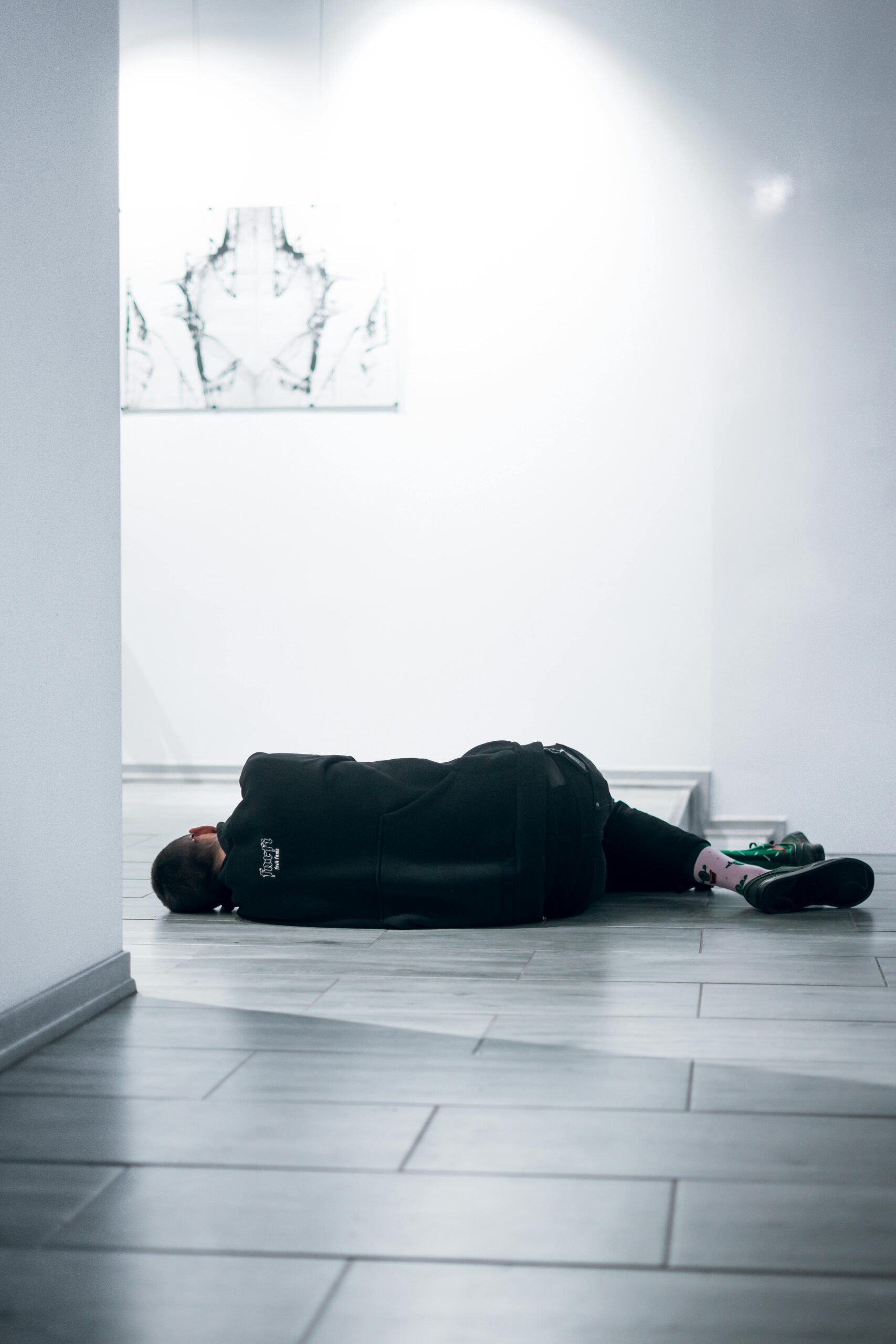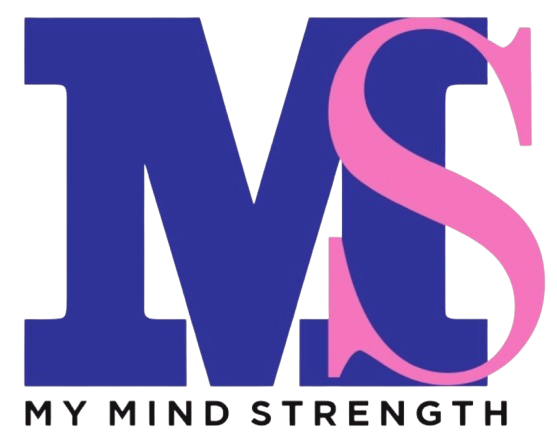Depression Help & support



Anxiety is a natural response to stress, often beneficial in alerting us to potential dangers and encouraging preparedness. However, anxiety disorders are distinct from normal feelings of anxiousness, involving excessive fear or anxiety and affecting nearly 30% of adults at some point. These disorders are the most common mental health issues but are treatable through psychotherapeutic methods, allowing many individuals to lead productive lives. Anxiety involves anticipation of future concerns, while fear is an immediate response to threats, often triggering a fight-or-flight reaction.
How Anxiety Disorders Affect Daily Life and Relationships
Anxiety disorders can severely impact daily life, causing individuals to avoid situations that might trigger symptoms, which can affect work, school, and personal relationships. Diagnosis generally requires the anxiety or fear to be out of proportion to the situation and to hinder normal functioning. Types of anxiety disorders include generalized anxiety disorder, panic disorder, specific phobias, agoraphobia, social anxiety disorder, separation anxiety disorder, and selective mutism, each with unique symptoms and challenges.
Causes, Diagnosis, and Treatment Options for Anxiety Disorders
The causes of anxiety disorders are not well understood but likely involve a combination of genetic, environmental, and psychological factors. Diagnosis involves ruling out physical causes, and treatment typically includes psychotherapy or medication, often in combination. Cognitive behavior therapy (CBT) is effective for many, and medications like antidepressants and beta-blockers can relieve symptoms. Self-help strategies, such as stress management, meditation, support groups, and lifestyle modifications, can also enhance treatment effectiveness and help individuals manage their symptoms.


